 The Bournemouth University ARTS in Research Collaborative (AiR) held a two-day workshop in late summer to experiment with interviewing, narrative and ephemera, and arts-based representations of such approaches (reported here previously). An article available online from today in The Qualitative Report by Kip Jones entitled, “A Report on an Arts-led, Emotive Experiment in Interviewing and Storytelling” details the thinking behind this effort and the mechanisms put in place that contributed to the workshop’s success.
The Bournemouth University ARTS in Research Collaborative (AiR) held a two-day workshop in late summer to experiment with interviewing, narrative and ephemera, and arts-based representations of such approaches (reported here previously). An article available online from today in The Qualitative Report by Kip Jones entitled, “A Report on an Arts-led, Emotive Experiment in Interviewing and Storytelling” details the thinking behind this effort and the mechanisms put in place that contributed to the workshop’s success.
The paper reports on the two-day experimental workshop in arts‐led interviewing technique using ephemera to elicit life stories and then reporting narrative accounts back using creative means of presentation.
 Academics and students from across Departments at Bournemouth University told each other stories from their pasts based in objects that they presented to each other as gifts. Each partner then reported the shared story to the group using arts‐led presentation methods.
Academics and students from across Departments at Bournemouth University told each other stories from their pasts based in objects that they presented to each other as gifts. Each partner then reported the shared story to the group using arts‐led presentation methods.
Narrative research and the qualitative interview are discussed. The conclusion is drawn that academics yearn to express the more emotive connections generated by listening to the stories of strangers.
The procedures followed for the two‐day workshop are outlined in order that other academics may also organize their own experiments in eliciting story using personal objects and retelling stories creatively.
Because the group wanted to take the impact of this experience further, AiR applied and was accepted to present the concept at the Social Research Association’s workshop ‘Creative Research Methods’ on 8 May at the British Library in London. The Collaborative is about to meet up to brainstorm ways in which to translate their experiences of the workshop into a more presentational one.
Anyone fro m across Departments, whether lecturer, researcher, student or faculty, is welcome to join the ARTS in Research Collaborative. Please contact Kip Jones if you are interested in joining or just want to know more about the Collaborative.
m across Departments, whether lecturer, researcher, student or faculty, is welcome to join the ARTS in Research Collaborative. Please contact Kip Jones if you are interested in joining or just want to know more about the Collaborative.


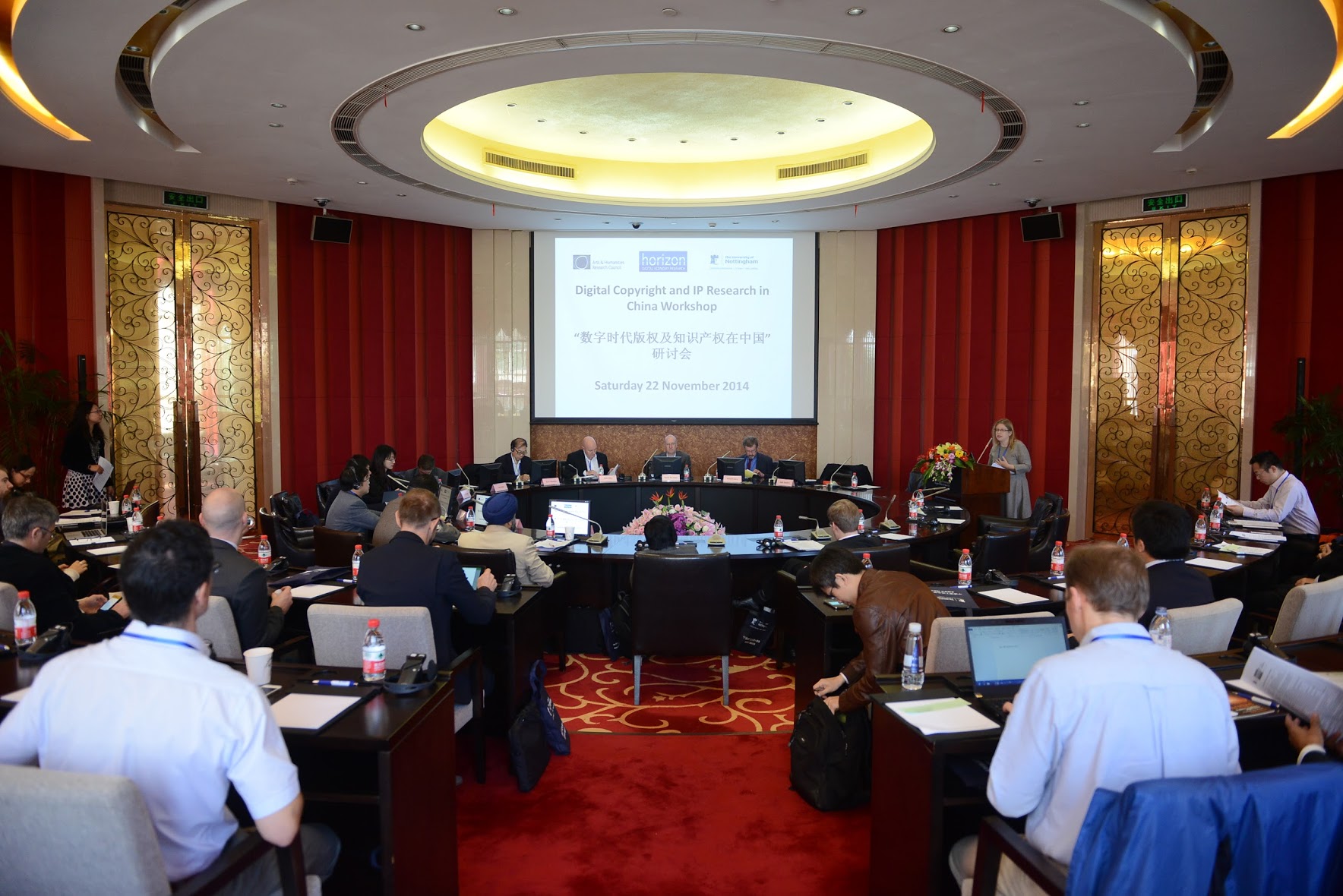
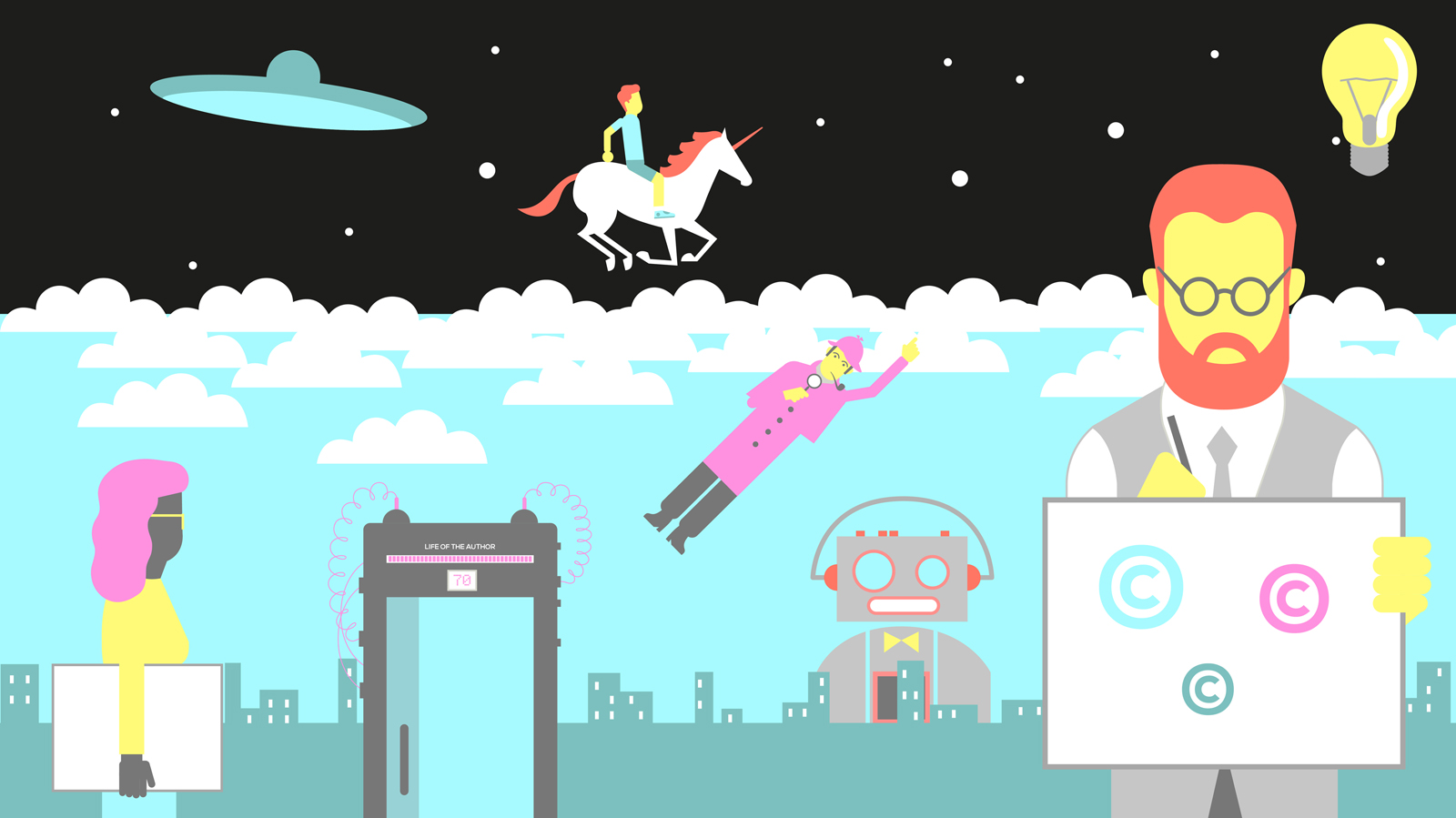
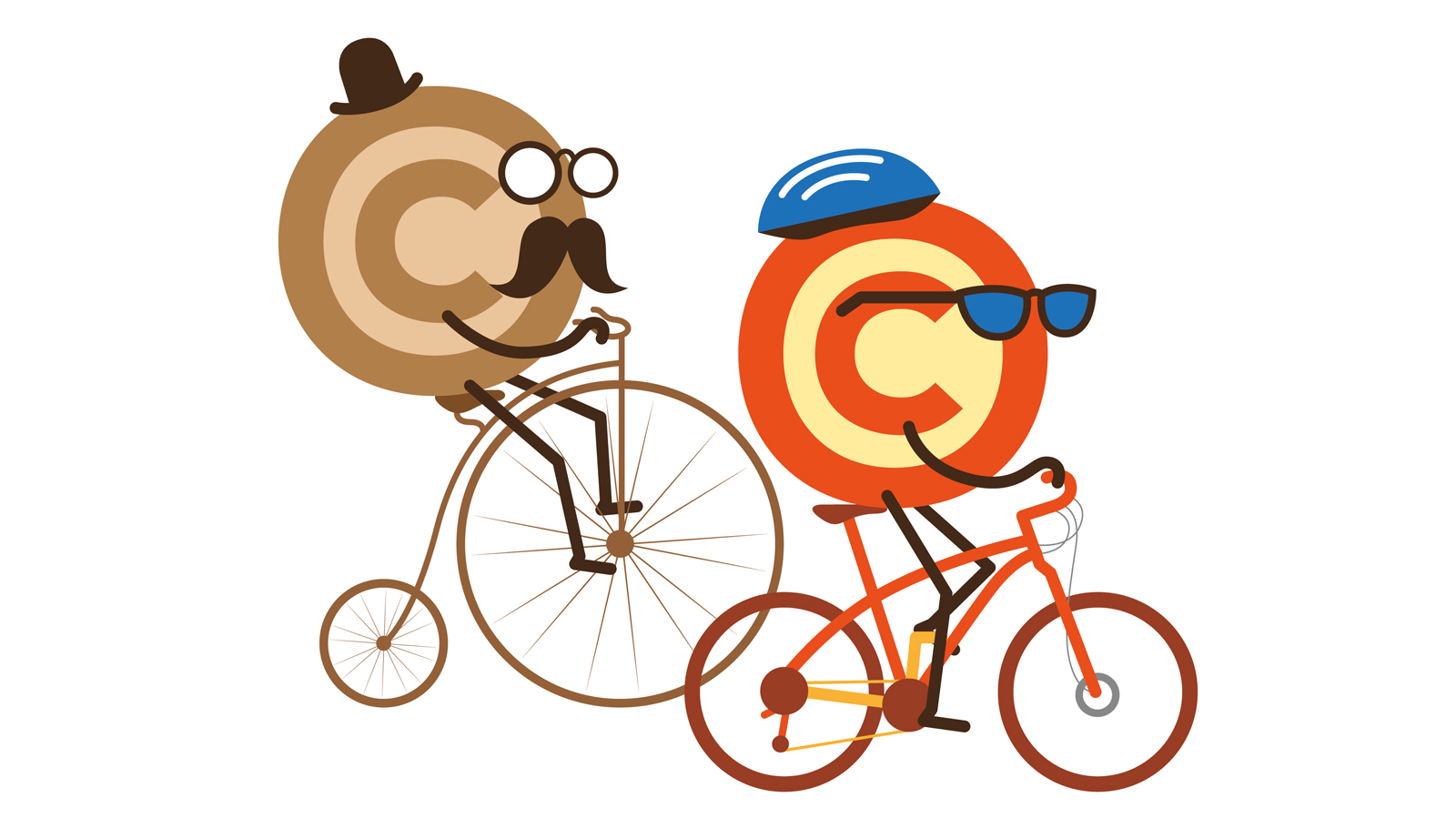






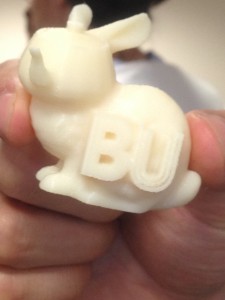
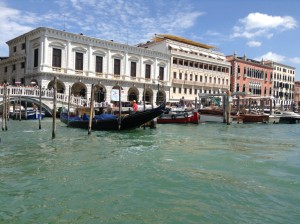
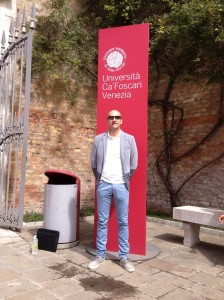












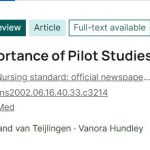 Paper with 160,000 reads
Paper with 160,000 reads The Month in Research: April 2024
The Month in Research: April 2024 BU Professor has been invited to a series of plenary and invited lectures.
BU Professor has been invited to a series of plenary and invited lectures. Research reaching non-academic audiences
Research reaching non-academic audiences April’s Café Scientifique – Should we help machines understand and respond to our emotions?
April’s Café Scientifique – Should we help machines understand and respond to our emotions? Apply for up to £1,000 to deliver an event and take part in a national festival of public engagement with research
Apply for up to £1,000 to deliver an event and take part in a national festival of public engagement with research MSCA Postdoctoral Fellowships 2024
MSCA Postdoctoral Fellowships 2024 Horizon Europe News – December 2023
Horizon Europe News – December 2023